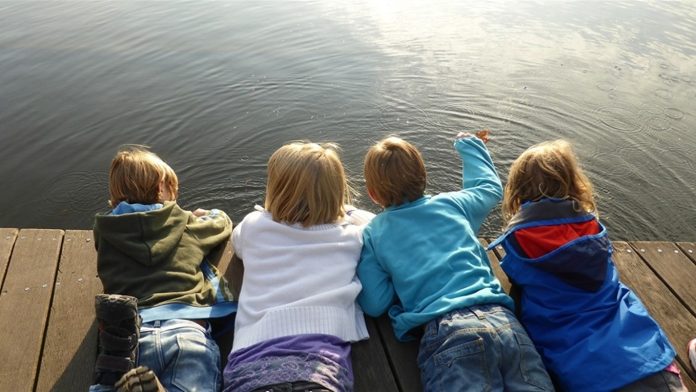Why can't we remember our first years of life? For a long time it was believed that infants are not able to preserve memories, as their brain has not yet matured. But a new study shows that early memories do not disappear - they simply remain hidden in the depths of consciousness.
Researchers from Yale University, under the guidance of Professor of Psychology Nick Terk-Brown, decided to unravel the mystery of "children's amnesia"-a phenomenon, through which adults cannot remember the first years of their lives. Since babies cannot express their thoughts in words, scientists used functional magnetic resonance imaging (FMRT). The kids were shown pairs of images - familiar and new, watching how their brain responds to familiar pictures. If babies have a long look at familiar images, it meant that they remembered them. The results were striking: the activity in the hippocampus, the center of memory of the brain, increased sharply when the infants recognized the image. This has denied the previous notion that the hippocampus in infants is not yet developed to preserve episodic memories (those related to personal experience).
Researchers believe that early memories do not disappear completely, but remain inaccessible to adult consciousness. There are several hypotheses: in the process of development, the brain changes the mechanism of conservation and access to memory. The adult mind simply does not have tools to remove these memories. Early experiences can affect behavior and emotions, even if a person does not remember them. Some scientists suggest that the smells or sounds of early childhood can cause subconscious reactions even in adulthood. For example, the smell of a mother or a favorite toy can awaken emotional response, though a person does not remember where he comes from.
Although scientists have not yet found a way to "unlock" early memories, their discovery calls into question the idea that childhood is a "pure sheet". On the contrary, since the first months of life, our brain actively retains experience that can affect us in adulthood. There are many more studies ahead, but one thing is clear: the first years of life leave a deeper trace than we could imagine.


